A European agenda for space: resilience, security and sovereignty
Past event In person

- Area of Expertise
- Digital & Data Governance
Digital & Data Governance

Kamilla Sultanova, Diversity and Equity and Inclusion (DEI) consultant, event host & moderator, and 2015-2016 European Young Leader (EYL40)
Kamilla Sultanova is an entrepreneur, Hundred.org ambassador and European Young Leader (EYL40)
Imagine a Europe capable of embracing a future with artificial intelligence (AI) and advanced technology, with the ability to champion the changes of the fourth industrial revolution; a Europe, where teachers are innovators and foster digitally literate children with innovative and critical thinking and creativity. This vision could become reality, if we start investing in teachers first and ensure they are a part of the industry’s 4.0 conversation.
Education has been a well-addressed topic in Europe. Some may even say that the European Union saw the light this year at the first ever European Education Summit held in Gothenburg, where a Digital Education Action Plan (DEAP) was launched to promote digital tech in teaching and learning and to support the use of AI in data analysis. This comes at the critical time as we now know that 90% of future jobs require some level of digital literacy and that 44% of Europeans lack basic digital skills.
The fourth industrial revolution will without a doubt test the EU on whether it can ensure citizens’ rights to inclusive education, and re-skilling, while also keeping true to fundamental European values such as respect for human rights, freedom, democracy and equality.
There are several challenges that the education sector in Europe currently faces, from changes to the economy and demographics, to rising inequality and the shifting role of teachers. Indeed, as the latter are no longer the sole carriers of information in this internet age, they should be considered as facilitators, guiding the future workforce on how to best live in the era of the fourth industrial revolution.
There are several challenges that the education sector in Europe currently faces, from changes to the economy and demographics, to rising inequality and the shifting role of teachers
When looking at how students and teachers are currently taught, it is clear that the current European education system needs a revamp. 65% of children entering primary school today will end up with jobs that do not exist yet. Globally, the average age for a teacher is 48 years and we are looking at an aging teacher population. Perhaps understandably, there is also an issue with digital literacy and inclusion, as well as resistance to change and fear of what future technology may hold against the teachers.
The reality is that having a 100% digital education is not an all-inclusive solution, nor should it be the only method of teaching in use. However, benefitting from ‘hybrid education’ can only happen if teachers’ digital skills are encouraged and implemented through experimental collaborations and partnerships with tech industries. With a spike in educational technology solutions, professionals can help transform school environments to become hybrid learning communities, where teachers can truly embrace innovations, become digitally literate and assume their role as facilitators.
The OECD encourages teacher collaboration to transform practices and improve student learning; enhance teacher efficacy and satisfaction; offer collaborative professional learning opportunities such as mentoring; encourage peer observation and coaching; experience collaborative research; and promote teacher networks. Networks such as eTwinning, a pan-European teachers’ platform, can be of assistance, but they alone won’t cut it. In fact, research from Malta shows that teachers are overburdened with work and cannot fully utilise eTwinning’s great potential.
The OECD encourages teacher collaboration to transform practices and improve student learning
If member states collectively get on board, digitalisation and the fourth industrial revolution can offer amazing opportunities to speed up the education overhaul. All countries ‒ developed and developing ‒ need to re-think new models of education and new models of teaching. This includes a needed shift in education from mass production to mass personalisation, which provides a quality, life-long and continuous learning experience for all students. This is echoed well in the educational reforms offered by countries such as Finland, Korea, Thailand and Singapore. For teachers to become innovators, their professional education should be one that ensures societies are ready to leapfrog to 4.0.
Philosopher John Dewey once made a powerful point: “If we teach today’s students as we taught yesterdays, we rob them of tomorrow”. If European policy-makers don’t include teachers in their high-level conversations on the future of education, nothing will change and students will be robbed of their tomorrows, their jobs and their right to quality training.
While there can’t be one European model of education, national member states need to act today to help shape future school environments and develop teachers’ capacity to enable students to face the future. It is crucial that teachers be given the opportunity to collaborate with and get support from the business and technology community, to be able to see what the future job market holds for themselves and their students. Any EU growth strategy that doesn’t give teachers the opportunity to have a say and learn more digital and technological skills is destined to fail.
Past event In person

Next event In person & livestreamed
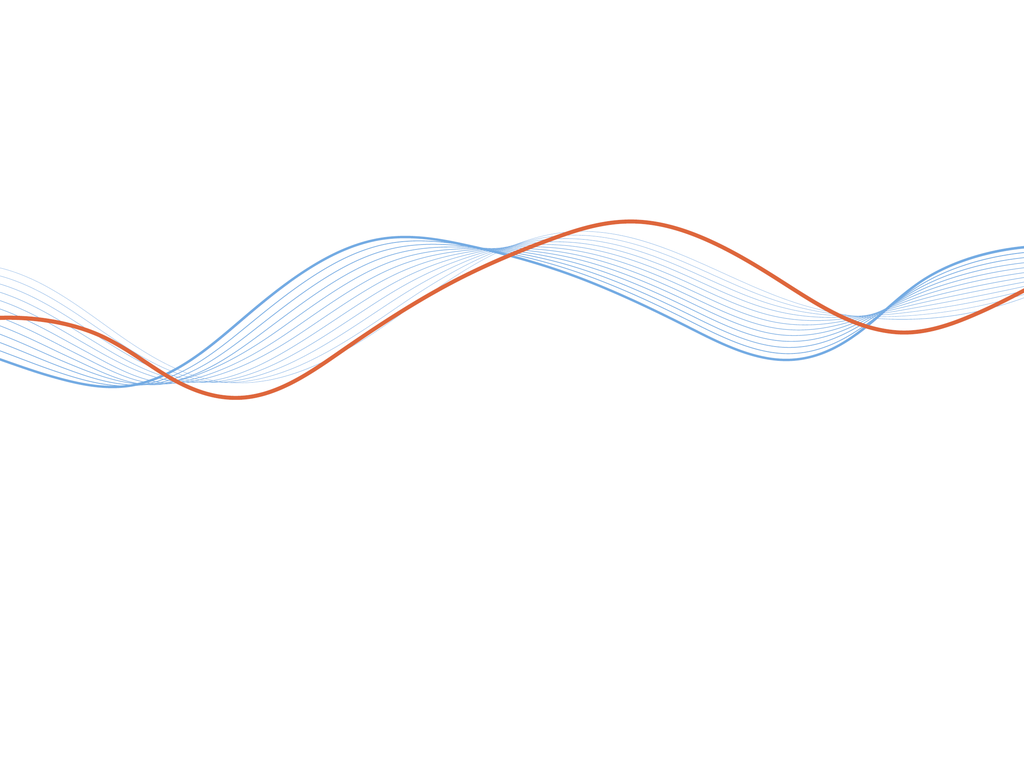
Past event Online
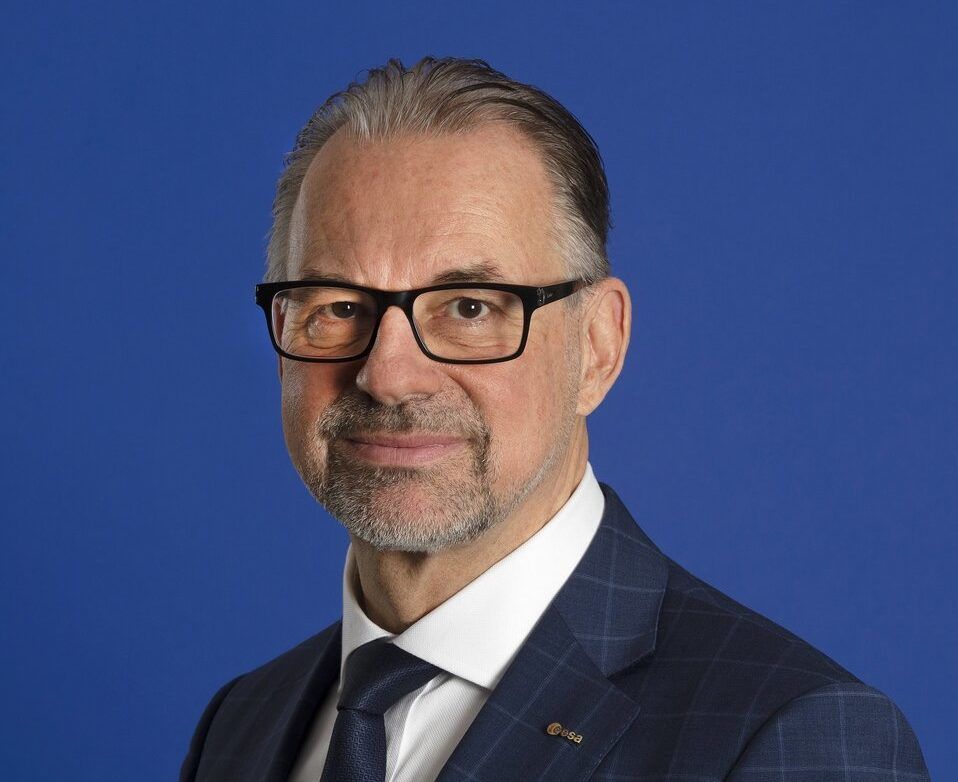
Past event In person

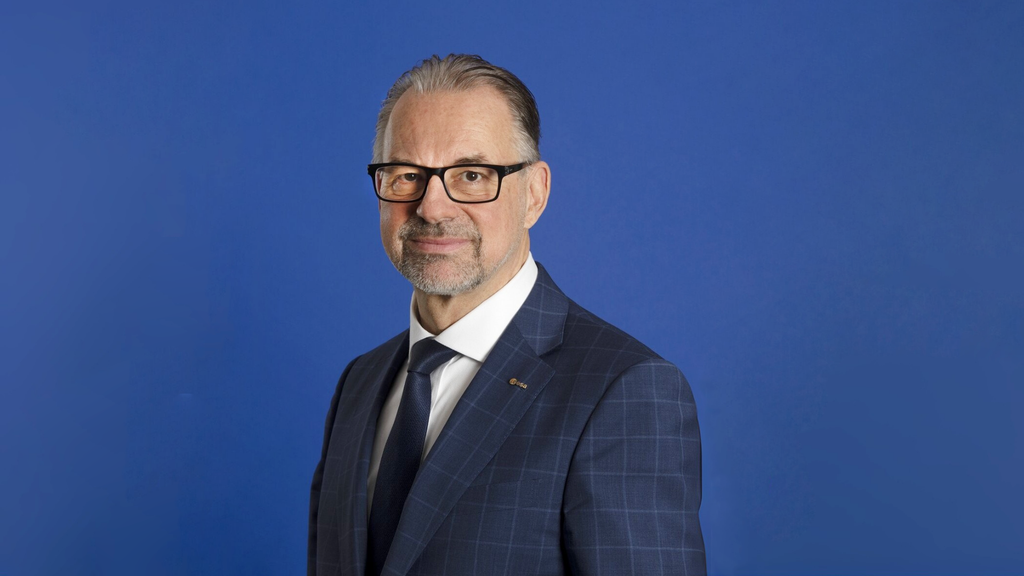
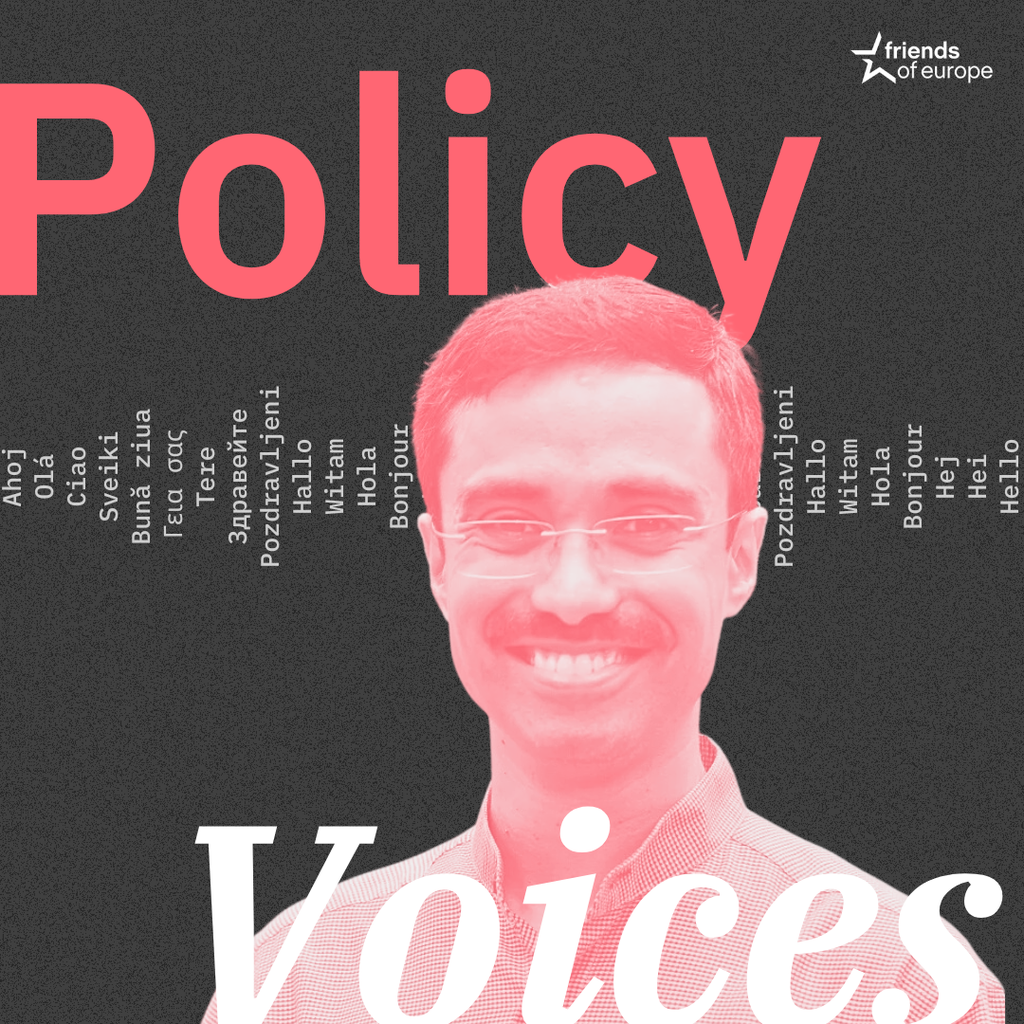
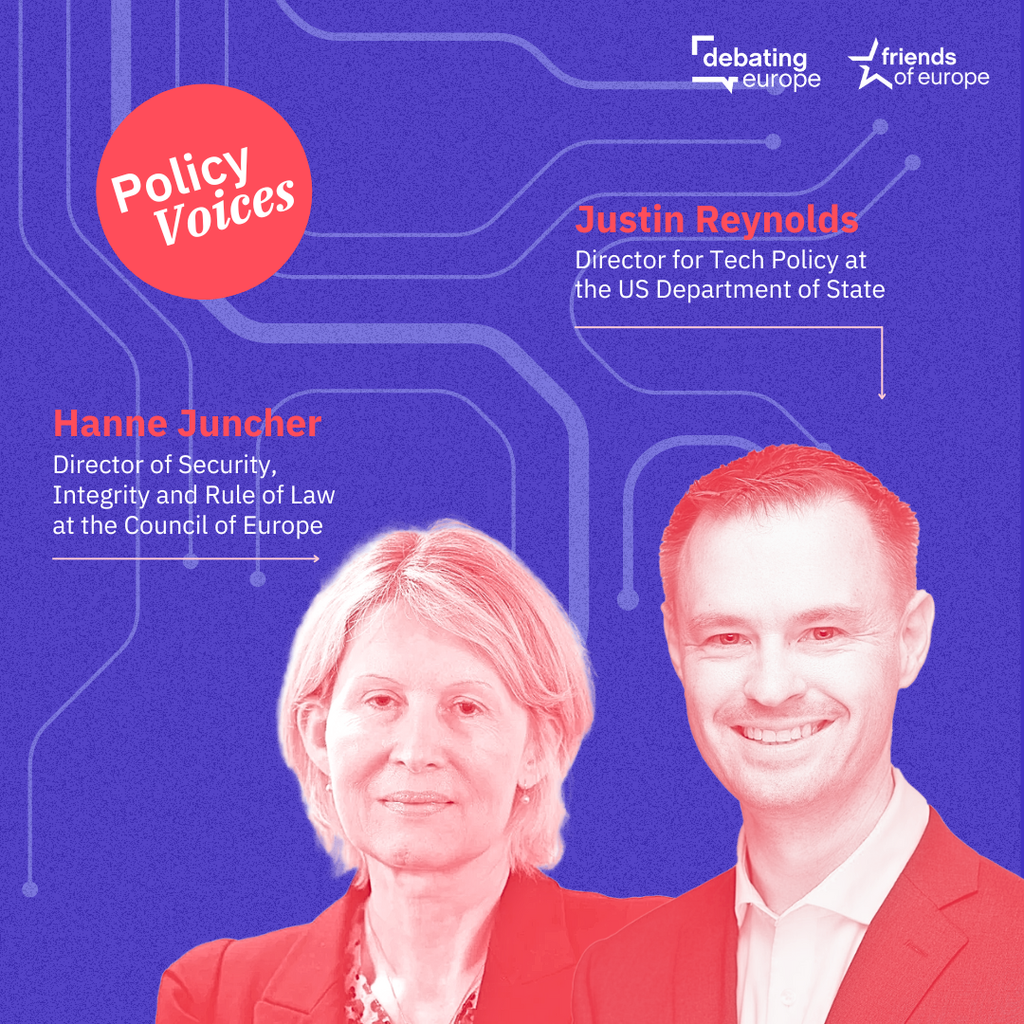

Stay informed
We use cookies and similar technologies to adjust your preferences, analyze traffic and measure the effectiveness of our campaigns. Learn more about our privacy policy.